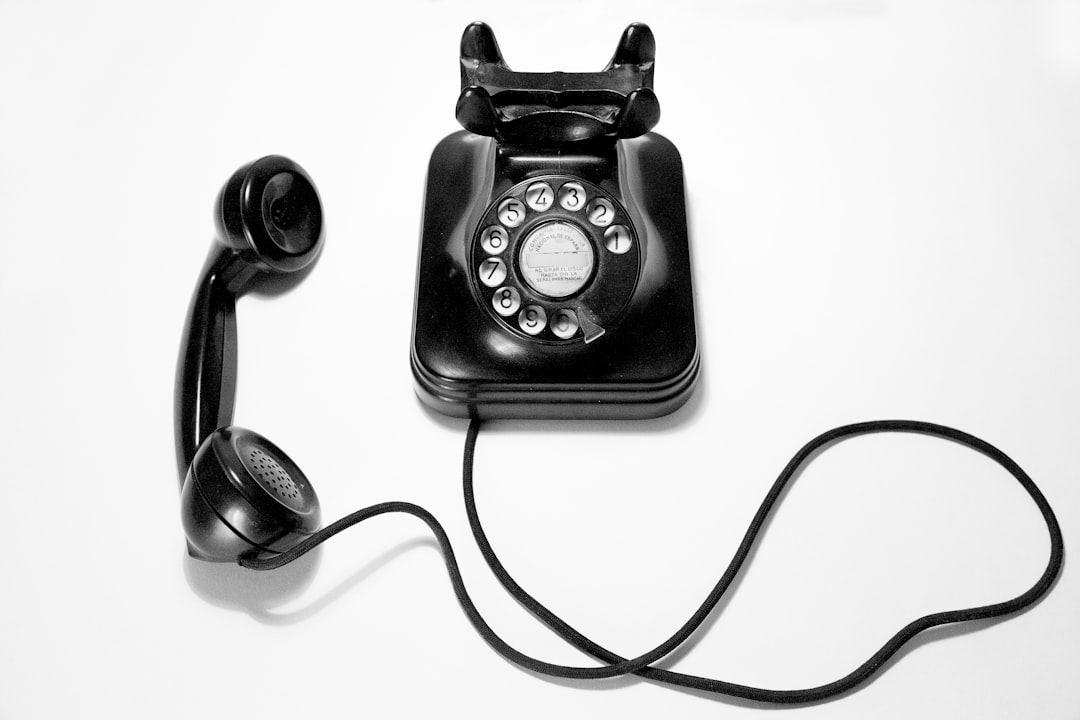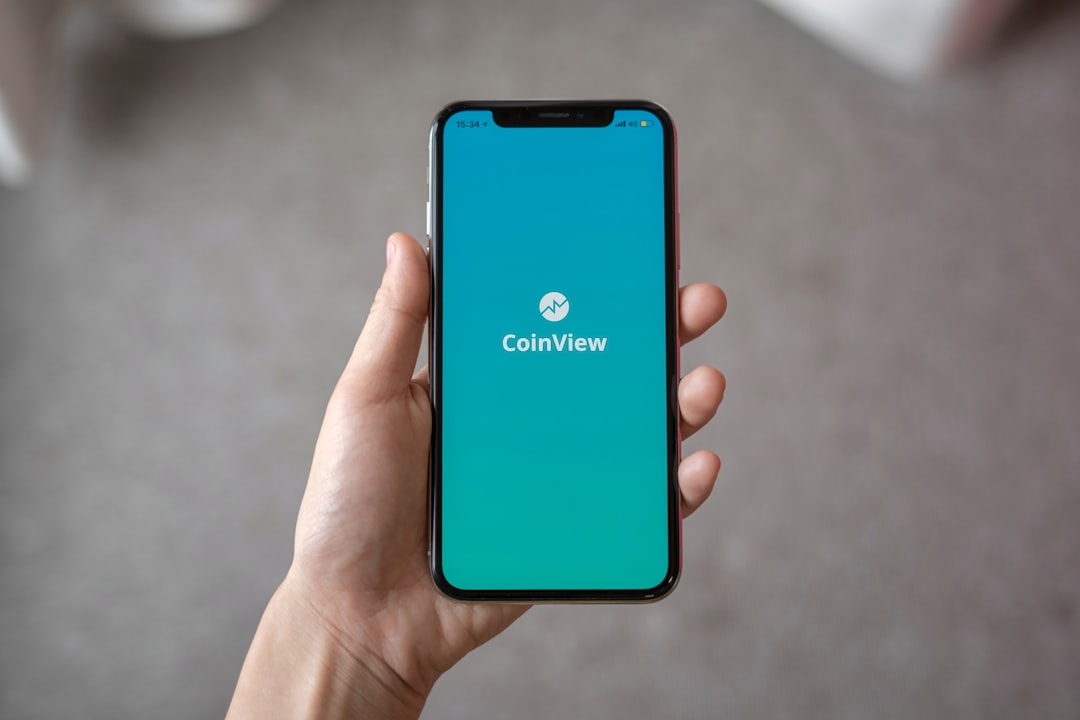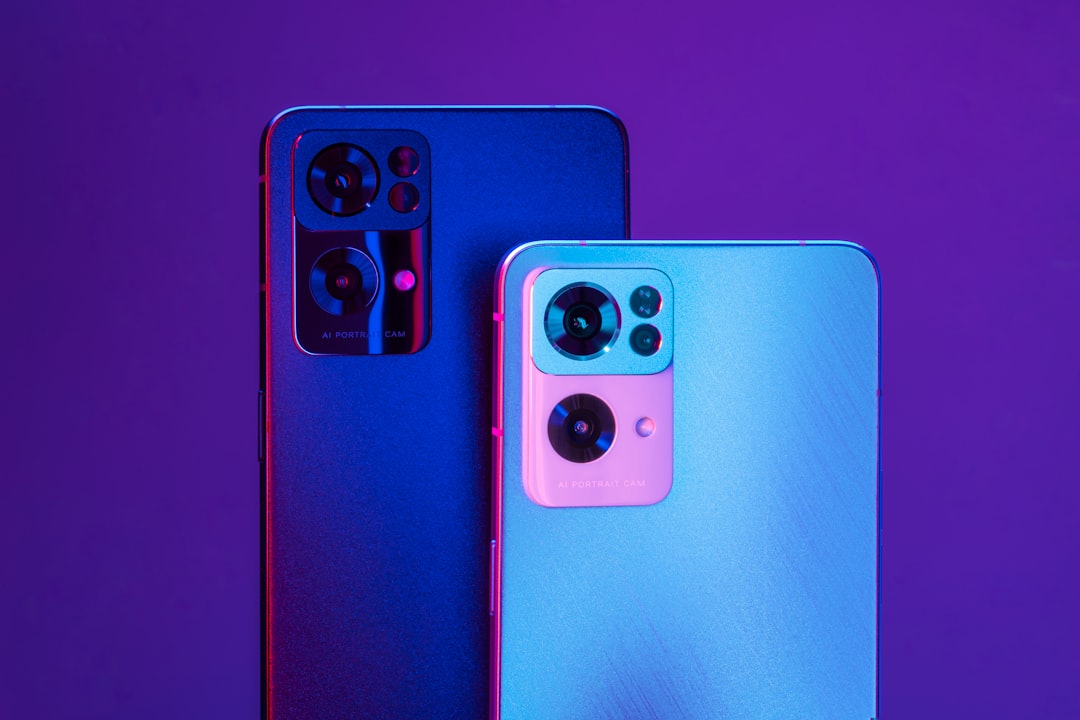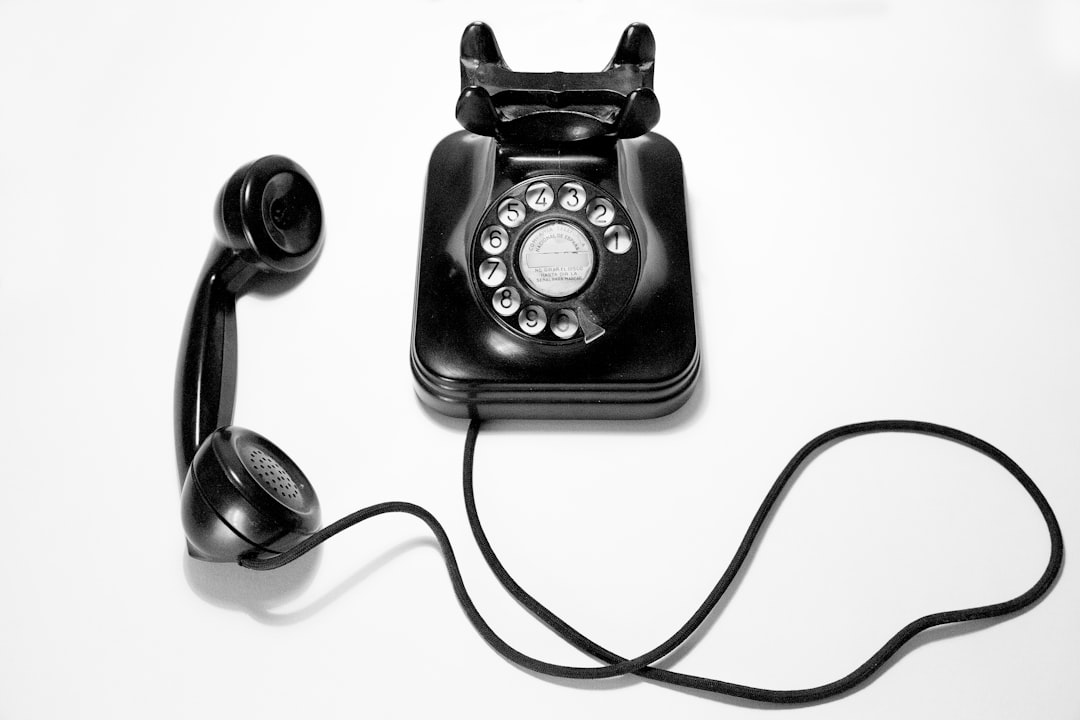Maryland's Do Not Call laws protect residents from unwanted telemarketing while allowing essential communications. Emergency services, public safety, utilities, financial institutions, healthcare providers, and charities/non-profits are exempt. Individuals can register their numbers on the list, but consent forms can override restrictions. Strict guidelines ensure privacy, enabling Marylanders to opt out easily during non-exempt calls.
In Maryland, understanding and adhering to Do Not Call laws are essential for businesses aiming to avoid consumer frustration. This article guides you through Maryland’s stringent Do Not Call regulations, focusing on exceptions that allow crucial communications. We explore specific scenarios where calls are permitted, highlighting the significance of emergency communications as an exception to these rules. Additionally, we provide insights into navigating Do Not Call list regulations, ensuring compliance while reaching your audience effectively.
Understanding Maryland's Do Not Call Laws

Maryland’s Do Not Call laws are designed to protect residents from unwanted telemarketing calls, offering them a respite from persistent phone sales. These regulations provide a balance between businesses’ need to advertise and consumers’ right to peace and privacy. The state’s law, like many others across the nation, allows residents to register their phone numbers on a Do Not Call list, effectively blocking most marketing calls.
However, it’s important to note that not all calls are prohibited. Exceptions exist for certain types of communications, including those from political organizations, charities, and companies with which you have an existing business relationship. Understanding these exceptions is key to navigating Maryland’s Do Not Call laws effectively.
Exempt Situations: When Calls Are Allowed

In Maryland, the Do Not Call laws restrict unsolicited phone calls from salespeople and marketers, but there are several exempt situations where calls are allowed. These exceptions ensure that individuals can still receive important communications when it matters most. One such instance is during emergencies. If you receive a call from emergency services or a public safety official, it’s not only permitted but crucial to answer. This includes 911 calls and messages from law enforcement, fire departments, or medical emergency responders.
Another exemption pertains to messages from your utility companies. When your electricity, water, gas, or other essential services are at risk of interruption or termination, these providers may contact you directly. Similarly, financial institutions can reach out to inform you about account updates, security issues, or fraud warnings. Additionally, calls from healthcare providers or pharmacies offering prescription refills or medical advice are exempt, ensuring access to critical health-related information.
Emergency Communications: An Exception to Rules

In the state of Maryland, Do Not Call laws are designed to protect residents from unwanted phone calls, but there are critical exceptions to consider, especially when it comes to emergency communications. These laws generally prohibit telemarketers and sales calls from making unsolicited contact, but they do not apply to situations where public safety is at stake.
When an individual places a call or receives one in response to an emergency situation, such as a natural disaster, public health crisis, or immediate threat to life or property, the normal restrictions of Do Not Call laws do not come into play. Emergency communications centers and first responder agencies are permitted to reach out to citizens through phone calls, texts, or other communication channels to provide alerts, instructions, or confirm residents’ safety during such critical times. This exception ensures that vital information can be disseminated swiftly, enabling Marylanders to take necessary precautions or receive assistance during emergencies.
Navigating Do Not Call List Regulations

Navigating Do Not Call List Regulations in Maryland involves understanding specific exceptions designed to ensure important communications can still reach their intended recipients. The state’s Do Not Call laws, while protective, allow for certain calls to proceed despite being on the Do Not Call registry. These include calls from government agencies, charities, and companies with which you have an existing business relationship. For instance, local, state, or federal governments may contact individuals about upcoming elections, important community announcements, or services they provide.
Additionally, Maryland’s laws permit telemarketers to call individuals who have explicitly given permission, through a signed consent form, for such communications. Businesses also have leeway to reach out regarding account updates, collections, or service cancellations. However, these calls must adhere to strict guidelines, including providing a clear opt-out option at the end of each communication.






